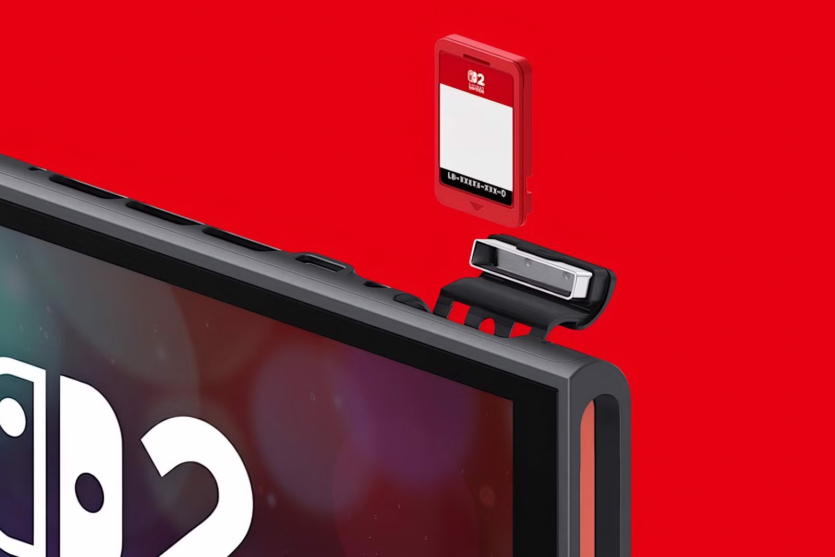
Nintendo has won the case against Ryan Michael Daly, an American modder and owner of the now-closed Modded Hardware store. The court awarded the company $2 million in compensation and issued a broad injunction that effectively prevents Daly from ever returning to modifying consoles.
Daly sold devices such as MIG Switch and MIG Dumper. Although he initially denied his guilt and tried to defend himself, he eventually agreed to a court settlement. Initially, he pledged to stop selling unauthorized devices, but later broke the agreement, which led Nintendo to file a lawsuit.
The court order, signed on September 5 in the U.S. District Court for the Western District of Washington, was the final point in a legal battle that lasted for a year. As part of the agreement, Daly admitted to violating copyright and the DMCA’s provisions on circumvention of technical protection. His devices allowed to circumvent Nintendo Switch security systemswhich opened the way for piracy and illegal backups of games.
The decision was harsh even by Nintendo’s standards. In addition to $2 million in compensation, Daly received a lifetime ban on selling or even storing devices that bypass Switch security. This ban includes the MIG Switch, MIG Dumper, and other mod chips. The court allowed Nintendo to fully control the Modded Hardware website and ordered Daly to hand over the remaining equipment and tools used to develop and distribute the mods.
In addition, the order prohibits Daly from “reverse engineering” Nintendo systems, publishing instructions, or even posting links to materials related to the circumvention of protection. To increase its effectiveness, the court even used the All Writs Act, which allows for the compulsion of third-party providers, including hosting and domain registrars, to help block the modder’s activities completely.
Despite the fact that MIG Dumper was positioned by some users as a device for legal backup of games, Nintendo’s complaint and the court decision clearly state that the equipment has no other commercially significant purpose than to circumvent protection and infringe copyrights. This legal wording has been used in other high-profile cases, such as Sony v. Universal Betamax, and is now enshrined in the DMCA, allowing for the prohibition of similar devices like DVD rippers or torrent boxes.
This is not the first time Nintendo has pursued infringers so harshly. In 2021, the company secured the imprisonment of Team-Xecuter hacker Gary Bauz, who distributed mod chips for the Switch. He is also obliged to pay millions of dollars in compensation and give the company 25-30% of his earnings for life. Already this year, Nintendo has won several high-profile lawsuits: against the French company Dstorage, which hosted pirated content, and against the creators of emulators Yuzu and Ryujinx. The company also filed a motion to obtain data of users who shared piracy-related materials via Reddit.
Source: tomshardware, theverge, techspot

Spelling error report
The following text will be sent to our editors: